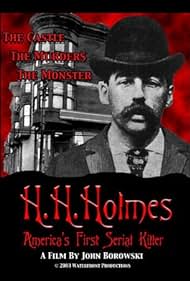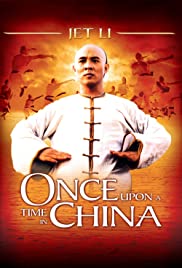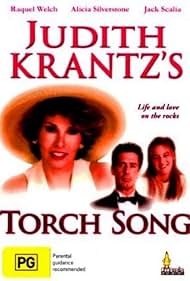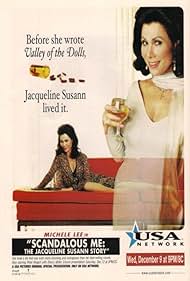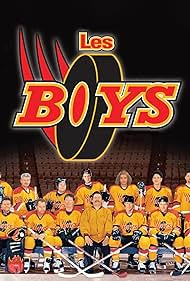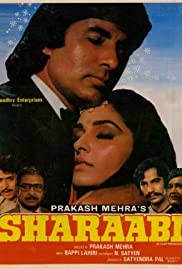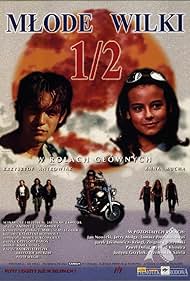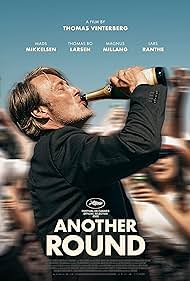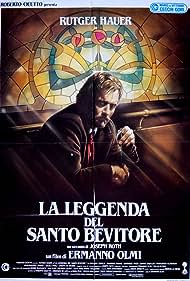Prohibition Soundtrack (2011)

Buy on Amazon Play and download Soundtracks
Prohibition - Eine amerikanische Erfahrung
Prohibition - Eine amerikanische Erfahrung
Prohibition - Eine amerikanische Erfahrung
Prohibition, une expérience américaine
Prohibition, une expérience américaine
Prohibition - Eine amerikanische Erfahrung
Synopsis
In the early 20th century, the United States implemented the Prohibition era, a nationwide ban on the production, importation, transportation, and sale of alcoholic beverages. This controversial law was enforced from 1920 to 1933, with the intention of reducing crime, corruption, and social issues associated with alcohol consumption.
Despite the government's efforts to control the distribution of alcohol, bootlegging became rampant, leading to the rise of organized crime and speakeasies. The Prohibition era also saw the emergence of influential figures like Al Capone, who capitalized on the illegal alcohol trade.
As the negative consequences of Prohibition became more apparent, public opinion shifted, and the law was eventually repealed in 1933 with the ratification of the 21st Amendment. The Prohibition era remains a significant period in American history, highlighting the complexities of government regulation and societal values.

